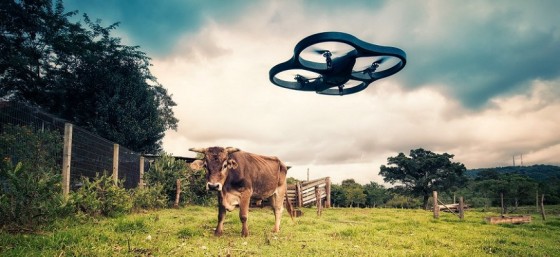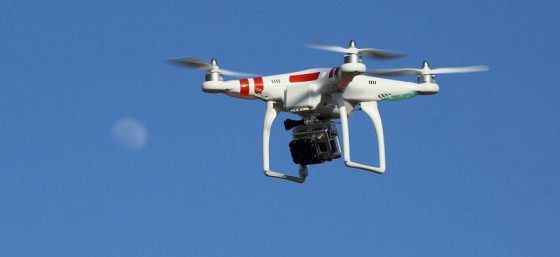
As drones become more popular, there seems to be more concerns about how they will impact privacy. Recently there was a news story where a woman was upset when she discovered that someone used a drone to shoot footage of her neighborhood.
I understand her concerns. No one likes to be spied on. However, if someone shoots an innocuous video of their neighborhood using a drone and posts it on YouTube, how is this different than the Street View on Google Maps? If you happen to be outside and in the area when the Google camera car drives by, your picture is going on the internet.
Arizona does not currently have any specific laws about drones, but there are FAA guidelines. It’s generally permissible to use them for mapping, artistic purposes, or if flying drones is your hobby. There are laws in Arizona, however, aimed at protecting people’s privacy.
In general, a person has no expectation of privacy when they are in public. So if you’re caught on camera by a drone while you’re out and about, there may be little you can do about it. You do have a greater expectation of privacy in your backyard and within your home – if you can’t be easily seen through the windows or from your neighbor’s second floor. Even if you can be seen, you still have some rights and options for recourse depending on the situation.
Criminal Voyeurism: It’s a felony in Arizona to invade someone’s privacy without their knowledge for sexual situation or to share photos or videos taken while invading their privacy. This applies to up-skirt cameras, bathroom cameras, and likely using a drone to spy on someone for your own sexual gratification. (Ariz. Rev. Stat. § 13-1424)
Revenge Porn: Arizona passed a law against “revenge porn” this summer. It’s now a felony to share or offer to share a photo or video of a person when they’re in a state of nudity or sexual act if the person offering the photo or video knew or should have known that the person in the photo or video had not consented to the person sharing them. (Ariz. Rev. Stat. § 13-1425)
Lawsuit for Personal Injury: If a person learns that photos or videos of them were taken by a drone and possibly shared, the person may have grounds for some type of tort lawsuit such as commercializing a person’s image without authorization, infliction of emotional distress, or public disclosure of private information. These cases would, of course, depend on the facts of the situation and need to be evaluated by a personal injury attorney. Additionally, if a drone operator injures a person or their property with their drone, the operator could be held criminally and civilly liable for the damages.
This is an emerging and developing area of law. Lawmakers are still determining what the rules regarding drones should be. Ultimately the laws regarding drones could vary from state to state so it’s important to be educated on the laws that apply to you if you have a drone.
If you want to chat more about this topic, feel free to connect with me on Twitter, Facebook, YouTube, LinkedIn, or you can email me. You can also subscribe to the Carter Law Firm newsletter.
Please visit my homepage for more information about Carter Law Firm.
